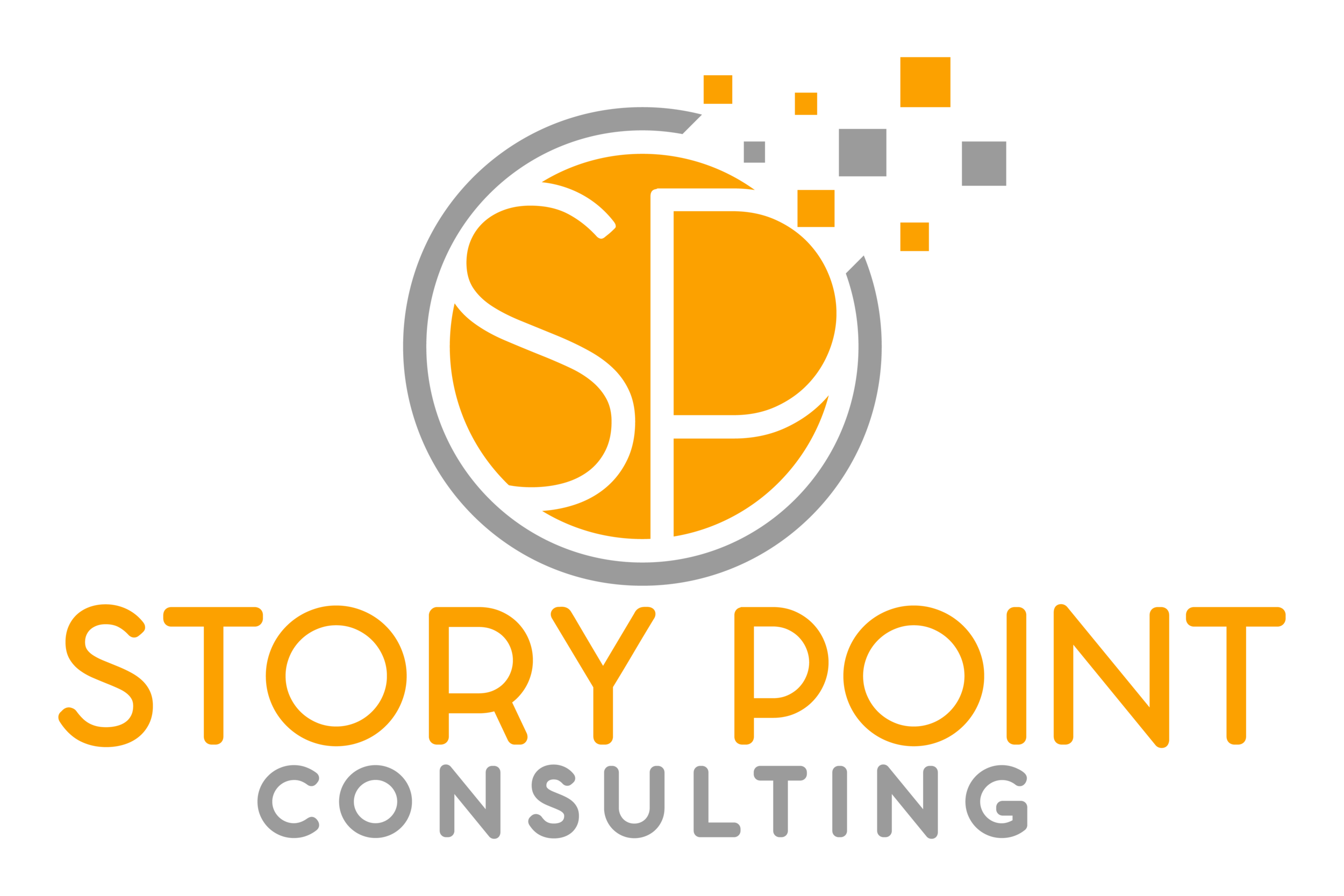Prioritizing Mission-Critical Tasks While Continually Seeking Funding
It is no secret that many organizations are in a constant search for funding to support their important initiatives, programs, and services. Often, groups find themselves in a continuous cycle of fundraising just to cover basic operational costs, which can consume a significant amount of time and resources.
When securing funding becomes the primary focus, other crucial functions such as program development and community engagement may suffer. Finding a balance between financial management and fulfilling your organization's mission is essential for long-term sustainability. And in this article, we will discuss the tasks that may be constrained due to financial pressures and offer practical solutions to address them.
Mission-Critical Tasks Hindered by Financial Pressure
There are tasks that are important for your organization to fulfill its mission and if you are not able to do so due to financial constraints, it will be hard for your organization to fulfill your mission. Here are some tasks that are important for many organizations.
Strategic Planning: Developing long-term goals and strategies is crucial for growth and sustainability. However, the pressing need to secure funding can delay these important planning activities, making it difficult for your organization to prepare for the future.
Program Development: Creating and improving programs and services for the needs of your community can be neglected when resources are directed towards finding constant funding for your organization.
Community Engagement: Building strong relationships with community members is vital for long-term support. Unfortunately, the continuous search for funding often pushes this important part of fundraising to the back burner.
Volunteer Management: Volunteers are the heart of most organizations however, effective recruitment, training, and retention of volunteers require time and resources that may be redirected towards finding funding for your organization.
Staff Development: Investing in the professional development of staff members can enhance their skills and productivity, but financial constraints often limit these opportunities.
Practical Solutions for Focusing on Key Tasks
Your organization can explore various solutions to help you focus on key tasks. While you do not have to implement them all, here are some options to consider:
Different Ways to Raise Money: Having one method to raise funds can put your organization at risk, especially if that funding source becomes unavailable. To mitigate this risk, consider incorporating different fundraising strategies such as annual appeals, events, grants, or corporate partnerships to create multiple revenue streams and reduce reliance on a single source of funding.
Operational Funding: Many grants are project-based, which can make it difficult to secure grants that specifically cover operating costs. To find grants that provide stability, organizations can research funders who prioritize operational support or seek general operating grants from foundations known to support such needs. By targeting these specific grants, organizations can ensure their basic needs are met and maintain their essential functions.
Partnerships and Collaborations: Consider partnerships with organizations that share a similar audience or community. This can help your organization because it allows you to share resources, expertise, and potentially reduce costs. Building these collaborations can strengthen your organization's capacity to help achieve its mission.
Use Technology: Technology can be a great way to free up staff and volunteer time at an organization. Consider investing in software and tools that automate administrative tasks, and streamline processes. Although sometimes these technologies may seem expensive initially, the time saved makes them a valuable investment, which will allow your team to focus on activities that will help move your organization forward.
Seek External Help: Despite facing financial pressures, it may be in your organization’s best interest to seek external help. Organizations can explore grants specifically designed for capacity building, seek funding from local businesses, or engage in fundraising campaigns dedicated to this cause. Consider hiring experts for critical activities such as strategic planning, or financial management. This approach can free up internal resources, allowing your team to focus on core functions and program support.
Additional Strategies for Success
Effective strategies are essential to ensure your organization can focus on critical tasks even while constantly securing funding. First is time management, even if you are busy try to schedule specific times for fundraising and other vital tasks to stay organized. For example, creating a fundraising plan that outlines activities and roles, and clearly defines how each person will contribute to the team’s fundraising efforts. Next, is delegation, by assigning specific roles to team members helps to distribute the workload and prevent burnout. This ensures all areas get the attention they need without overwhelming any one person. And finally, regularly review your priorities to ensure they align with your mission and adjust as needed. Continuous evaluation helps maintain long-term focus, especially when managing multiple responsibilities.
For organizations with a team of one, this might not be as feasible. You could consider seeking external help for specific tasks. This can include hiring a fundraising consultant for strategic planning or assistance with prospect research, or hiring a grant writer to help with grant applications and proposals. This approach allows a solo team member to dedicate more time to the tasks that drive the organization's mission.
Nonprofits face many challenges, especially with limited funding. However, you can make a significant impact by diversifying your organization's revenue sources, seeking operational funding, collaborating with organizations that serve similar populations, utilizing technology, and seeking external help. These steps can help you focus on mission-critical tasks.
It's essential to use strategies such as time management, delegation, and regular evaluation to stay on the right track. Even if you cannot implement all of these strategies, trying some of them can make a difference. By adopting these practical solutions and strategies, your organization can focus on its crucial tasks, even when constantly searching for funding.




